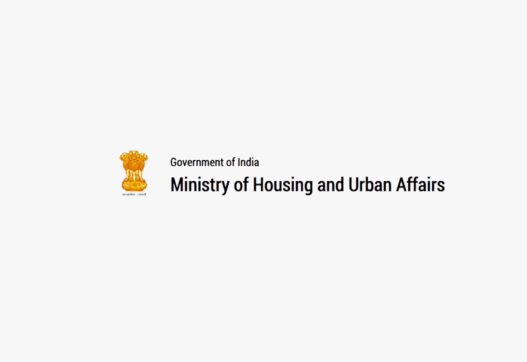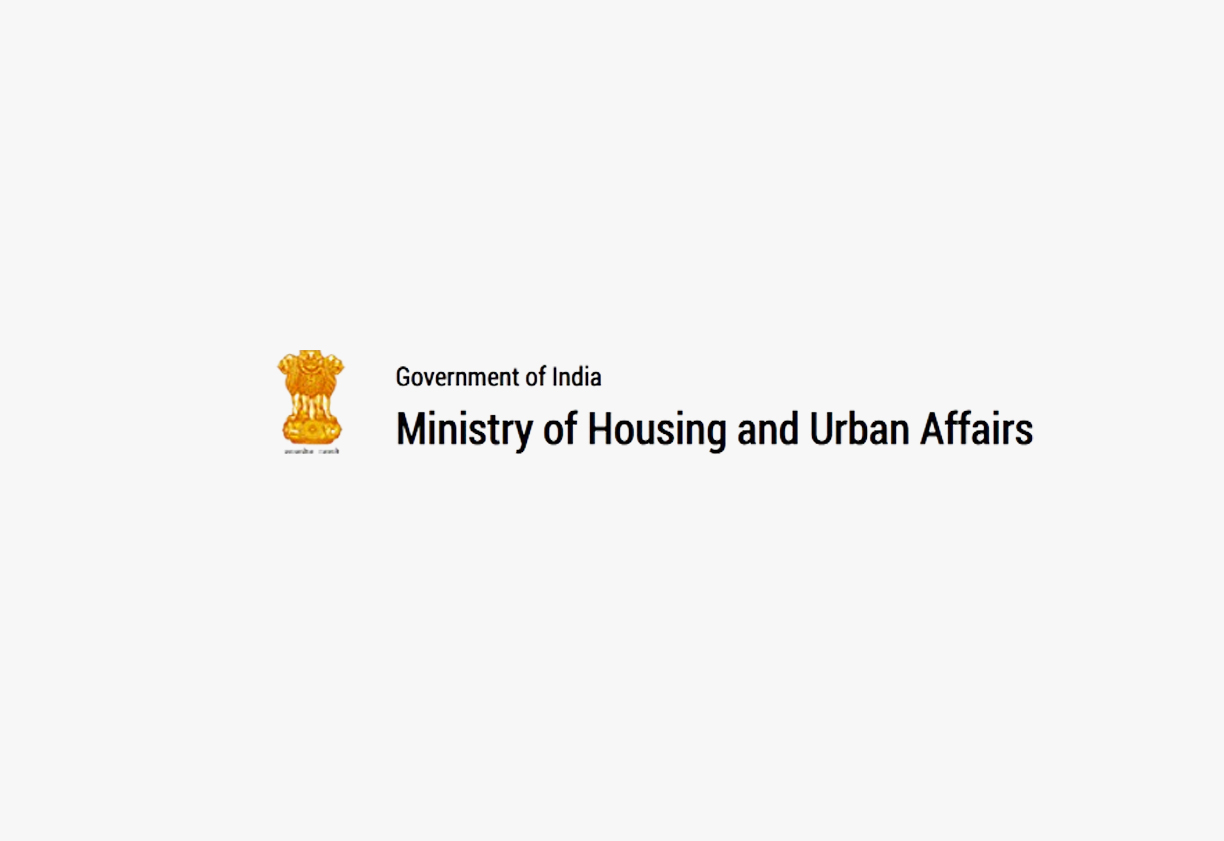Ministry of Housing and Urban Affairs
The Delhi Rent Control Act, 1958, was enacted to provide for the control of rents and evictions and of rates of hotels and lodging houses, and for the lease of vacant premises to Government, in certain areas in the Union territory of Delhi. This act aims to regulate rent, protect tenants from unfair eviction, and ensure fair practices in the rental market.
1: Act Background and Ministry Under Which This Act Is:
The Delhi Rent Control Act, 1958, was enacted to provide for the control of rents and evictions and of rates of hotels and lodging houses, and for the lease of vacant premises to Government, in certain areas in the Union territory of Delhi. This act aimed to regulate the rental market, protect tenants from eviction, and ensure fair practices in the rental market. The act falls under the administrative purview of the Ministry of Housing and Urban Affairs, which oversees matters related to urban housing and rental regulations. The ministry plays a crucial role in ensuring fair and equitable housing practices.
2: Enactment Date, Number of Chapters, Number of Sections:
The Delhi Rent Control Act, 1958, was enacted on 31st December, 1958, and is known as Act No. 59 of 1958. The act is structured into eight chapters. It comprises 57 sections, covering various aspects such as definitions, provisions regarding rent, control of eviction, deposit of rent, hotels and lodging houses, appointment of controllers, offenses and penalties, and miscellaneous provisions. The act also includes three schedules defining basic rent and procedures. The act has been amended over time to reflect changing requirements.
3: Act Governed By:
The Delhi Rent Control Act is governed by the Central Government, which has the power to make rules and regulations under the Act. The act also provides for the appointment of Controllers to oversee the implementation of the act and to adjudicate disputes. The act is governed by the provisions outlined within it, as well as rules and regulations framed by the Central government. It is therefore a combination of central authority with a judicial process.
4: On Whom It Is Applicable:
The provisions of the Delhi Rent Control Act are applicable to landlords, tenants, sub-tenants, and all those involved in the rental market in specified areas within Delhi. The act ensures that all such entities and individuals adhere to the regulations outlined, as well as the Act’s mandate and guiding principles. The general public, especially tenants, are direct beneficiaries of the Act’s provisions. The act’s focus is to regulate the rental market and protect tenants.
5: Penalties/Punishments:
The act prescribes various penalties for non-compliance and offenses:
-
Excess Rent: Claiming or receiving rent in excess of standard rent can lead to fines and imprisonment.
-
Unlawful Charges: Claiming or receiving unlawful charges such as premium or pugree attracts penalties.
-
Cutting Off Supplies: Cutting off essential supplies or services to tenants without cause is punishable with fines.
-
Violation of Rules: Contravention of other provisions of the act can lead to fines or imprisonment. The act’s focus is to ensure fair practices and protect tenants.
6: Important Pointers:
-
Standard Rent: The act defines “standard rent” and regulates the amount of rent that can be charged.
-
Protection Against Eviction: It provides protection to tenants against eviction, specifying grounds for eviction.
-
Controller: It establishes the office of a Controller to oversee the implementation of the act and to adjudicate disputes.
-
Deposit of Rent: It allows tenants to deposit rent with the Controller in case of disputes.
-
Hotels and Lodging Houses: It regulates the rates of hotels and lodging houses.
-
Rule-Making Power: It empowers the Central Government to make rules for carrying out the purposes of the act.
-
Special Provisions: It includes special provisions for certain categories of tenants and landlords. The act provides a comprehensive framework for regulating rent and evictions.
7: Act Copy:




